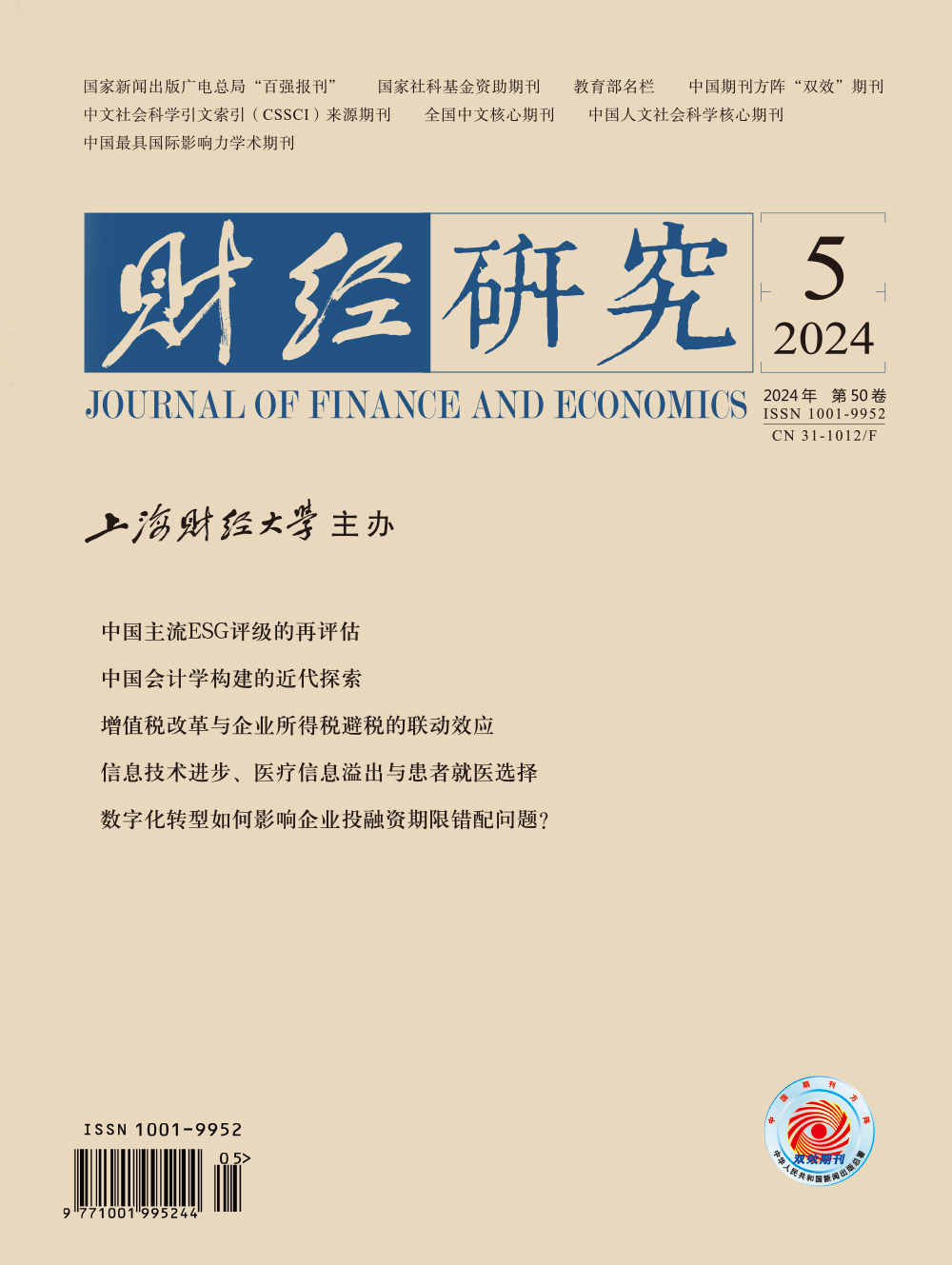Skill-biased technical change (SBTC) is the fundamental driving force for the development of an innovative economy. Unlike the rapid development and widespread diffusion of SBTC across various industries in developed countries, the overall development of SBTC in China has been relatively slow. Under the impact of the market mechanism, the occurrence and development of SBTC is an endogenous decision-making process driven by changes in the relative wage level of skill premiums, which leads to spontaneous adjustments in corporate investment and individual educational decisions. The changing trend of skill premiums is the result of the combined effect of supply and demand relations and regulatory policies in labor market. Existing literature has primarily conducted extensive research on the cause and mechanism of the bias in technical change, but there is limited literature on how labor market regulations, especially the minimum wage system, affect the bias in technical change through skill premiums.
This paper, based on the hypotheses of capital-skill complementarity and endogenous skill investment, incorporates the short-term decline in skill premiums caused by the rise of minimum wage standards into a general equilibrium growth model including non-neutral technical change, explores the micro mechanism by which the rise of minimum wage standards exerts an impact on SBTC, and then uses the manually collected data of minimum wage standards and reasonable measurement for SBTC of 280 prefecture-level cities from 2003 to 2020 to conduct empirical tests. The results show that the rise of minimum wage standards significantly promotes the development of SBTC, and this effect is mainly through the mechanism of capital deepening and consumption upgrading and has significant regional heterogeneity characteristics.
This paper has the following important policy implications: First, a sound mechanism for adjusting minimum wage standards should be established to fully unleash the positive effect on the development of SBTC. Second, increasing supports for skill training should be provided to meet the natural demand for more high-skilled labor caused by capital deepening. Third, limitations on the household registration system should be gradually relaxed, and transaction costs of labor spatial mobility should be effectively reduced through interconnectivity of transportation and information infrastructure between regions, so as to promote the free flow of labor across regions and sectors.





 5488
5488  10687
10687

